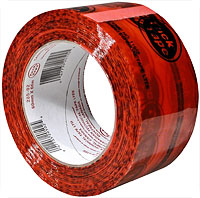
Unless you're going to spend stupid amounts of money, R value is determined by thickness. What thickness you can put in depends on your walls. If you try ramming R20 (meant for a 2x6 wall) into a 2x4 wall, you're not only wasting your money by going with the R20, but you won't even get the same insulating value as the R12. Insulation needs to have enough room to fluff up. If it's compressed, it won't insulate.
In other words, if your walls are 2x4 construction, use R12. If they're 2x6, it's up to you whether or not you think it's worthwhile to spend the extra money on R20. For the ceiling, I just used R12 on my attached garage since it shares roof space with my house, but in my previous detached I double layered R12 (2 layers of R12 was cheaper than a single layer of R20).
I've heard the mineral wool stuff is good, presuming you use the correct type of knife to cut it, but that it's a bit more of a pain in the ass to work with. YMMV, as I haven't actually done anything with it myself. I've never felt any of the alleged benefits of the Roxul justify it's increased cost.
As for vapor barrier, I always buy thick stuff. It's a bit harder to work with sometimes (sometimes easier as well), but it doesn't tear as easily, and keeping everything air tight and tear/hole free is the name of the game. Try to get someone to help you with the vapor barrier. I've always done it myself, and it fucking sucks. Especially when you've got 12' ceiling in the garage and you're scared of heights...
Founding member of the Leave-Me-Alone-atarian party of Canada.




 Quote
Quote




